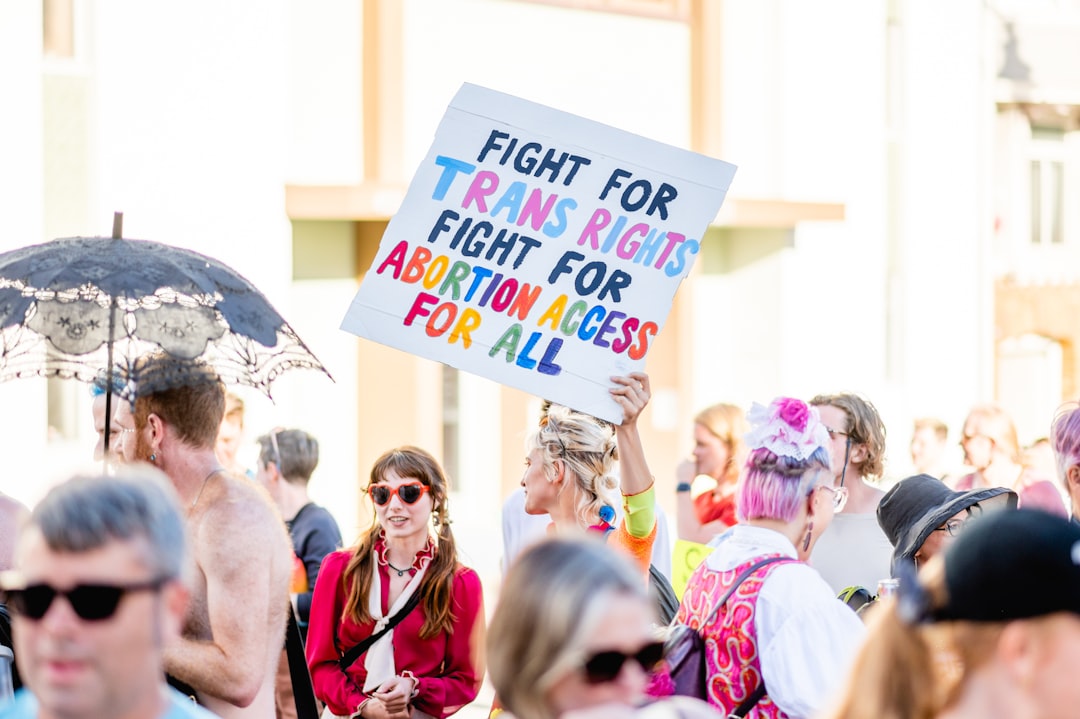What is it about?
Mental health professionals’ responses to work with trauma survivors vary, and they can experience this work as being both challenging and fulfilling. This study examines how prevalent the risks and rewards of this work are among a specific population of mental health professionals: those who work with survivors of human trafficking. Some of the potential risks to providers that we examined included secondary traumatic stress (where providers experience their own traumatization after hearing about their clients' traumas) and burnout. We also examined rewards, including compassion satisfaction (where providers feel a sense of fulfillment related to the care they provide for others) and vicarious resilience (where providers feel that they themselves experience personal growth related to their work with clients). Lastly, we looked at what factors might predict these experiences, including investigating providers' self-care practices and their personal experiences with trauma.
Featured Image

Photo by Denys Nevozhai on Unsplash
Why is it important?
This study suggests that professionals who deliver mental health care to human trafficking survivors may experience both risks (e.g., burnout) and rewards (e.g., increased resilience) in response to their work, and that self-care is associated with increased work-related quality of life. These findings may increase professionals’ willingness to provide trauma-focused therapy and to engage in proactive self-care strategies, which may translate to improved quality of care for survivors. Certain self-care strategies appear more useful than others.
Perspectives
This study was one of my first formal research endeavors and covers areas I am particularly passionate about: the well-being of mental health providers within their roles, care for survivors of gender-based violence, and self-care practices. My hope is that providers reading this article can recognize how their work both challenges and sustains them and that employers enact policies to better support the well-being of their workers.
Marli Corbett
Lehigh University
Read the Original
This page is a summary of: Psychosocial correlates of mental health work with human trafficking survivors: Risk and resilience., Psychological Services, January 2022, American Psychological Association (APA),
DOI: 10.1037/ser0000615.
You can read the full text:
Contributors
The following have contributed to this page










